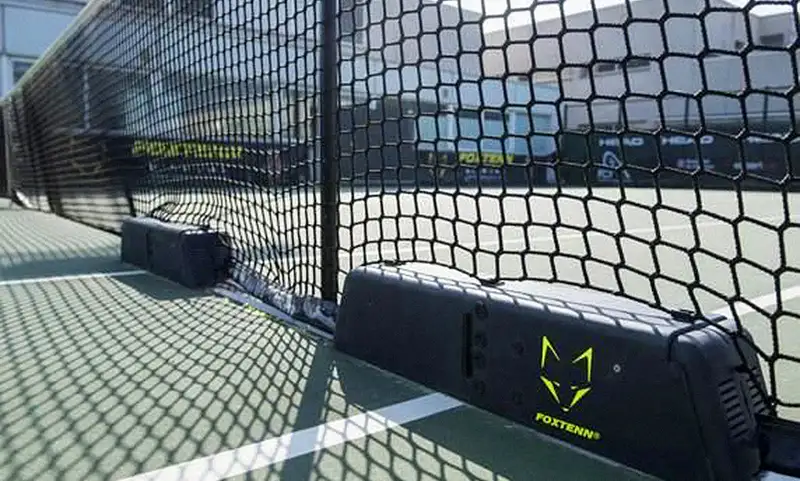Unlike Hawk-Eye’s computer-generated flight paths, which project the ball’s bounce based on a dozen or so cameras around the court, FoxTenn uses approximately 40 cameras along with advanced scanners and lasers to record the real-time impact of the ball on the court. This setup, according to FoxTenn president Javier Simon, leaves no room for error. Hawk-Eye admits a margin of error around three millimeters in its projections—acceptable in the industry, yet still enough for FoxTenn to aim for improvement.
FoxTenn’s system has already been certified as “zero-error” by a study approved by leading tennis organizations, including the ATP, ITF, and WTA. Since its launch, it has been adopted by around 30 professional tournaments, covering about 20% of the tennis circuit. FoxTenn’s goal is ambitious: to secure partnerships with all major tournaments, including the Masters 1000 series and the four Grand Slams, especially as line-call contracts at these events are set to expire soon.
One tournament that has adopted FoxTenn, the Marseille Open, found initial challenges but saw improved performance over time. Jean-Francois Caujolle, the tournament director, welcomed the technology as a competitive alternative to Hawk-Eye, stating, “It’s very good, and maybe it will push Hawk-Eye to innovate.”
Players are also taking note. French player Gael Monfils, ranked 19th in the world, commented that while he is accustomed to Hawk-Eye, FoxTenn’s system offers a distinct advantage: “You see where the actual ball landed,” adding a level of transparency that could redefine line-calling accuracy in tennis.
FoxTenn’s approach represents a significant step forward in technology-driven sports accuracy, potentially pushing the industry to re-evaluate standards and embrace even higher precision. With its real-time capture capabilities and zero-error rating, FoxTenn is positioning itself as a formidable contender in the line-calling market, aiming to change the way players and fans experience the game’s most critical moments.
